In the heart of Metro Detroit, Dearborn, Michigan—a city of roughly 110,000 residents—has long been a symbol of America’s multicultural fabric. Home to the largest concentration of Arab Americans in the United States, over 40% of its population is Muslim, many tracing roots to Lebanon, Yemen, and Iraq.
This diversity has fostered vibrant communities, from bustling halal markets to the Islamic Center of America, one of the nation’s largest mosques. Yet, on November 18, 2025, these streets became a flashpoint for raw confrontation, as dueling protests between anti-Islam activists and Muslim counter-demonstrators erupted into shouts, shoves, and near-violence. The incident underscores deeper national anxieties over immigration, religious freedom, and cultural identity, raising questions about how America navigates its pluralistic ideals amid rising polarization.
The spark for the chaos was a planned “American Crusade” march organized by Anthony Hudson, a Republican candidate for Michigan governor in 2026. Hudson, a truck driver from Grand Blanc Township, initially framed the event as a stand against what he called “Muslim infiltration” and “Sharia law” in Dearborn, echoing longstanding conservative fears of Islamic influence eroding American values. He rallied supporters online with calls to “protect Christians” and “expose Dearborn for what it is,” drawing dozens to Michigan Avenue near Schaefer Road.
But Hudson’s tone shifted dramatically after a four-day visit to the city, where he toured mosques and met Muslim leaders. In a social media video, he apologized, praising the “hospitality” he encountered and rejecting narratives of a “Muslim takeover.” His campaign bus, emblazoned with “Fix Michigan,” became an unintended target: far-right activist Jake Lang spray-painted “cuck” on its side, accusing Hudson of “selling out” to Islam.
Lang, a pardoned January 6 Capitol riot participant and self-proclaimed U.S. Senate candidate from Florida, hijacked the event with his group, “Americans Against Islamification.” Leading a smaller faction of about 20-30 mostly white Christian nationalists, Lang unfurled banners declaring “Jesus Christ is King of Dearborn” and erected large wooden crosses.
The provocations escalated when he doused a Quran with lighter fluid, slapped it with bacon—a deliberate insult given pork’s prohibition in Islam—and attempted to set it ablaze. Counter-protesters swiftly intervened, one snatching the book away amid scuffles. Lang’s group chanted that America is a “Christian country” with “no room for Sharia law,” framing their actions as a defense of Western civilization against demographic shifts.
Supporters like Cam Higby, who documented the chaos, argued the protest highlighted “de facto Sharia” in Dearborn, citing incidents like the city’s majority-Muslim police force allegedly favoring locals. They viewed the event as a patriotic reclamation, rooted in First Amendment rights to free speech and assembly, even as it teetered on hate speech.
From the Muslim community’s perspective, the march was an unprovoked invasion, amplifying Islamophobic tropes that have plagued Dearborn for years. Counter-demonstrators—hundreds strong, including families and pro-Palestinian activists—gathered to defend their home, chanting “Allahu Akbar” and holding signs like “Defeat Trump’s Fascist Movement.”
Videos captured encircled protesters, heated shoving matches, and threats, including one Muslim shouting for Lang to be “Charlie Kirked”—a reference to violent backlash against conservative figures. Local activist Mike Hashim dismissed Lang’s crew as “not real Americans” for rejecting pluralism, while the Council on American-Islamic Relations (CAIR) Michigan chapter condemned the rhetoric as incitement. “Sharia” simply means “law” in Arabic, they noted, not the theocratic nightmare portrayed by outsiders; Dearborn operates under U.S. law, with its courts and schools fully integrated.
Tensions weren’t born overnight. Earlier in 2025, Mayor Abdullah Hammoud, Dearborn’s first Muslim leader, faced backlash for telling a Christian minister during a city council meeting, “You are not welcome here,” after the man opposed renaming an intersection for a journalist accused of praising terrorist groups. Hammoud later clarified the city “embraces all,” but the clip went viral, fueling claims of anti-Christian bias.
Hudson himself referenced it, demanding more respect for Christian voices. Broader context includes viral videos of Muslim prayer blocking streets or confrontations over cultural norms, like women in burqas clashing with beachgoers—though these are anecdotal amid daily coexistence. Michigan Democratic Party Chair Curtis Hertel decried the Quran desecration as “unacceptable hate,” emphasizing Dearborn’s role as a “beloved, multicultural city.”
Dearborn Police, with a heavy presence of barriers and officers, intervened minimally, maintaining perimeters but drawing criticism from both sides: Christians accused them of leniency toward Muslims, while locals praised restraint amid the outnumbered force. No arrests were reported from the clashes, though separate incidents—like three Florida men facing felony hate crime charges for taunting Muslim prayers with bacon—highlight uneven enforcement perceptions. As the crowd moved to City Hall for the council meeting, public comments skewed toward Muslim and leftist voices, with only one “patriot” slot allotted, per Higby, stoking further alienation.
This clash, while contained, exposes fault lines in America’s social contract. Christian protesters see a nation under siege, where unchecked immigration threatens Judeo-Christian foundations—a view substantiated by demographic data showing Islam as the fastest-growing faith, with Michigan’s Muslim population nearing 4%. Muslim residents, conversely, perceive a targeted campaign of vilification, where isolated provocations like Lang’s are weaponized to marginalize a community contributing economically (Dearborn’s median income exceeds the state average) and politically (evident in Trump’s 2024 outreach). Hudson’s reversal offers a glimmer of bridge-building, suggesting dialogue can pierce stereotypes, but Lang’s escalation warns of agitators exploiting divisions.
Ultimately, Dearborn’s story isn’t one of inevitable conflict but of tested resilience. As the city heals from November 18’s scars, the challenge remains: Can mutual respect prevail over mutual suspicion? In a nation founded on religious liberty, the answer will define not just Michigan’s streets, but the soul of the republic. With echoes still reverberating on social media, one thing is clear—the conversation, however fraught, must continue.

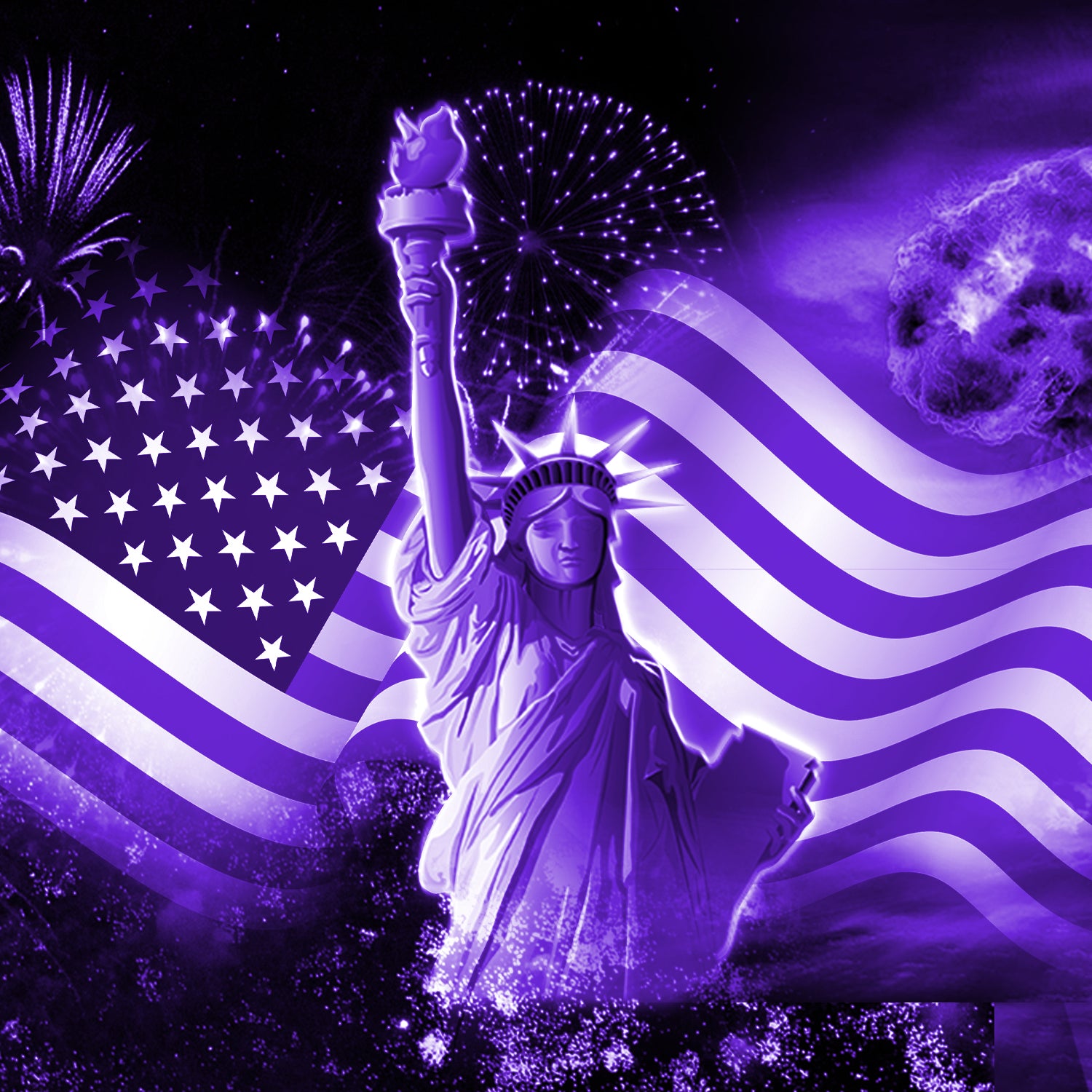
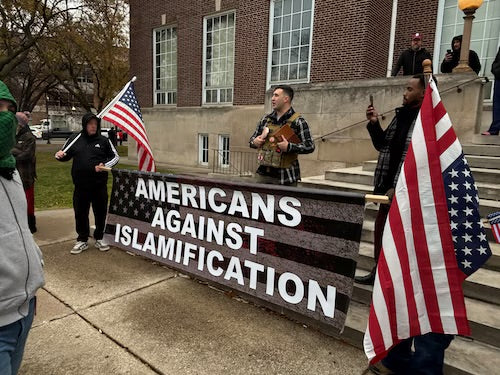
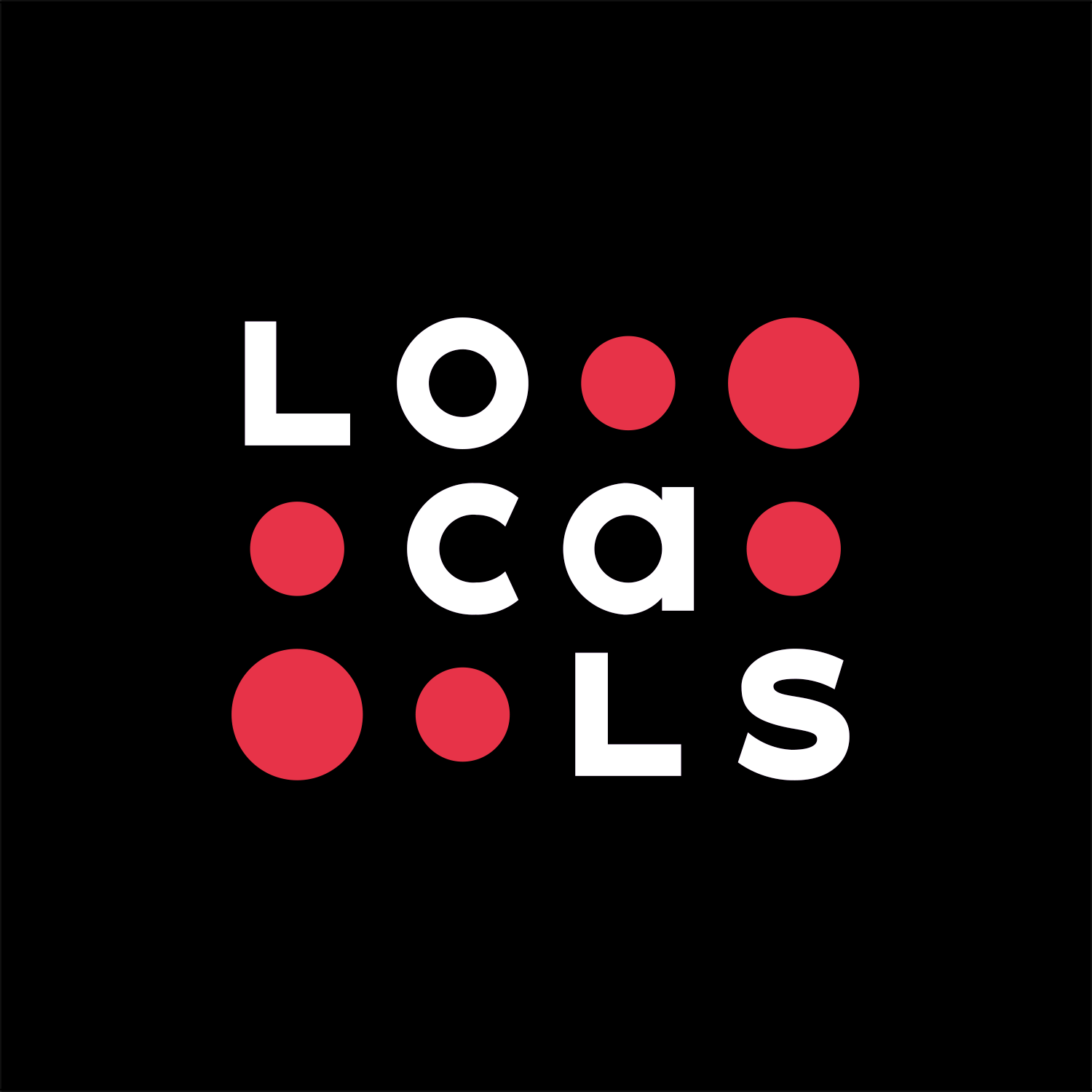
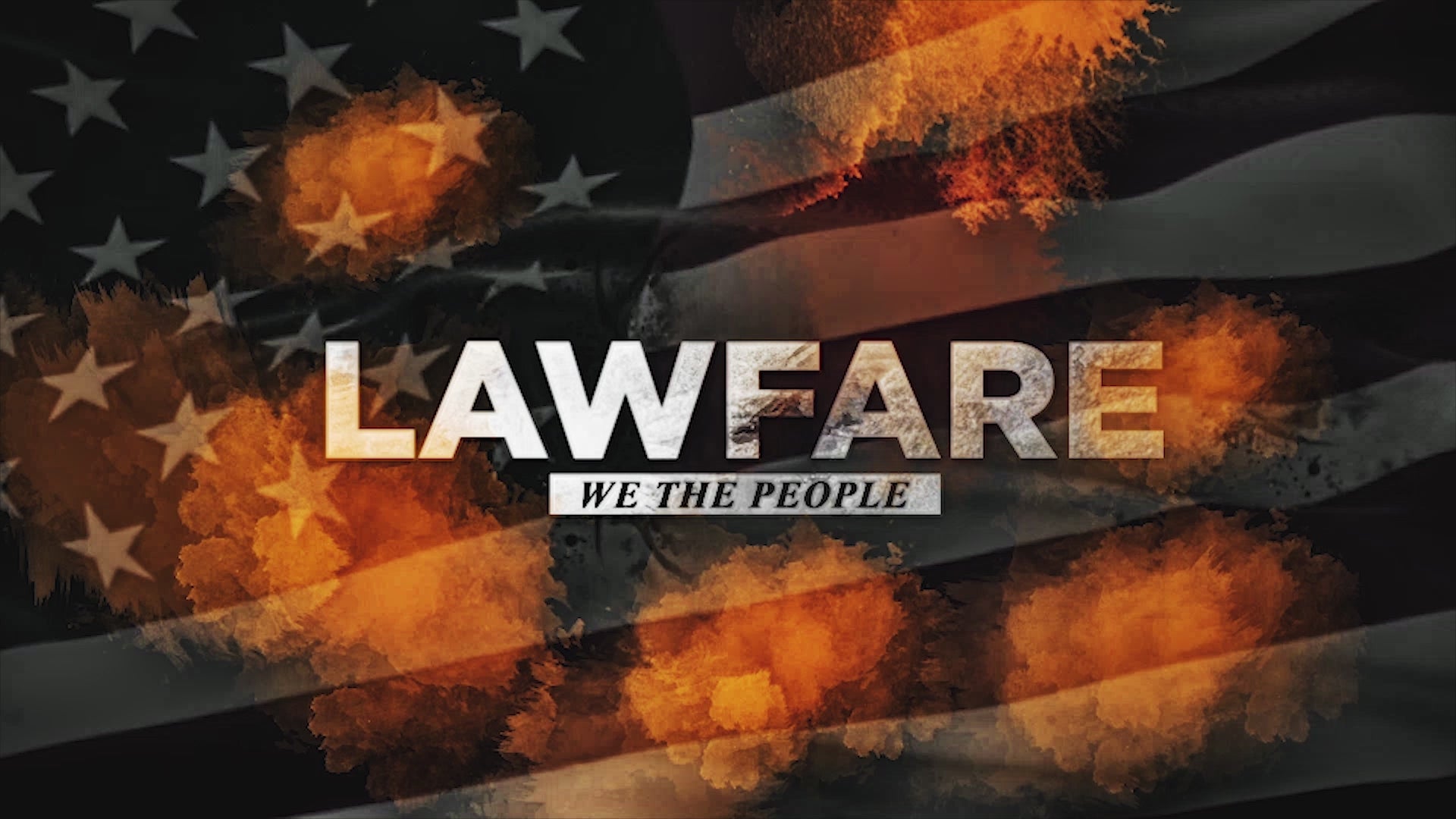
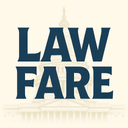


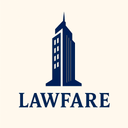

Share:
Tim Pool Disinvited from TPUSA’s AmericaFest: A Fracture Over Foreign Policy and Donor Influence